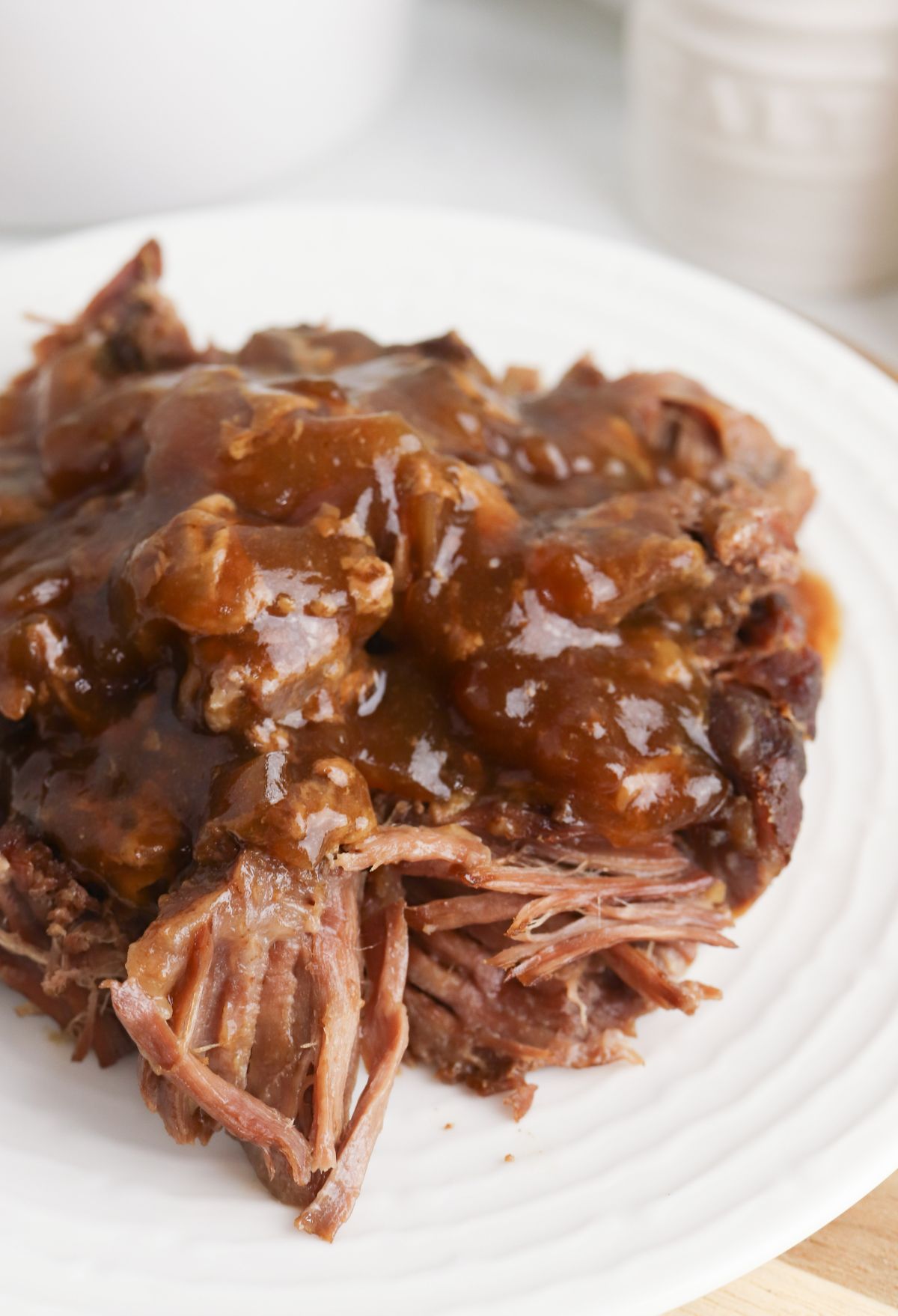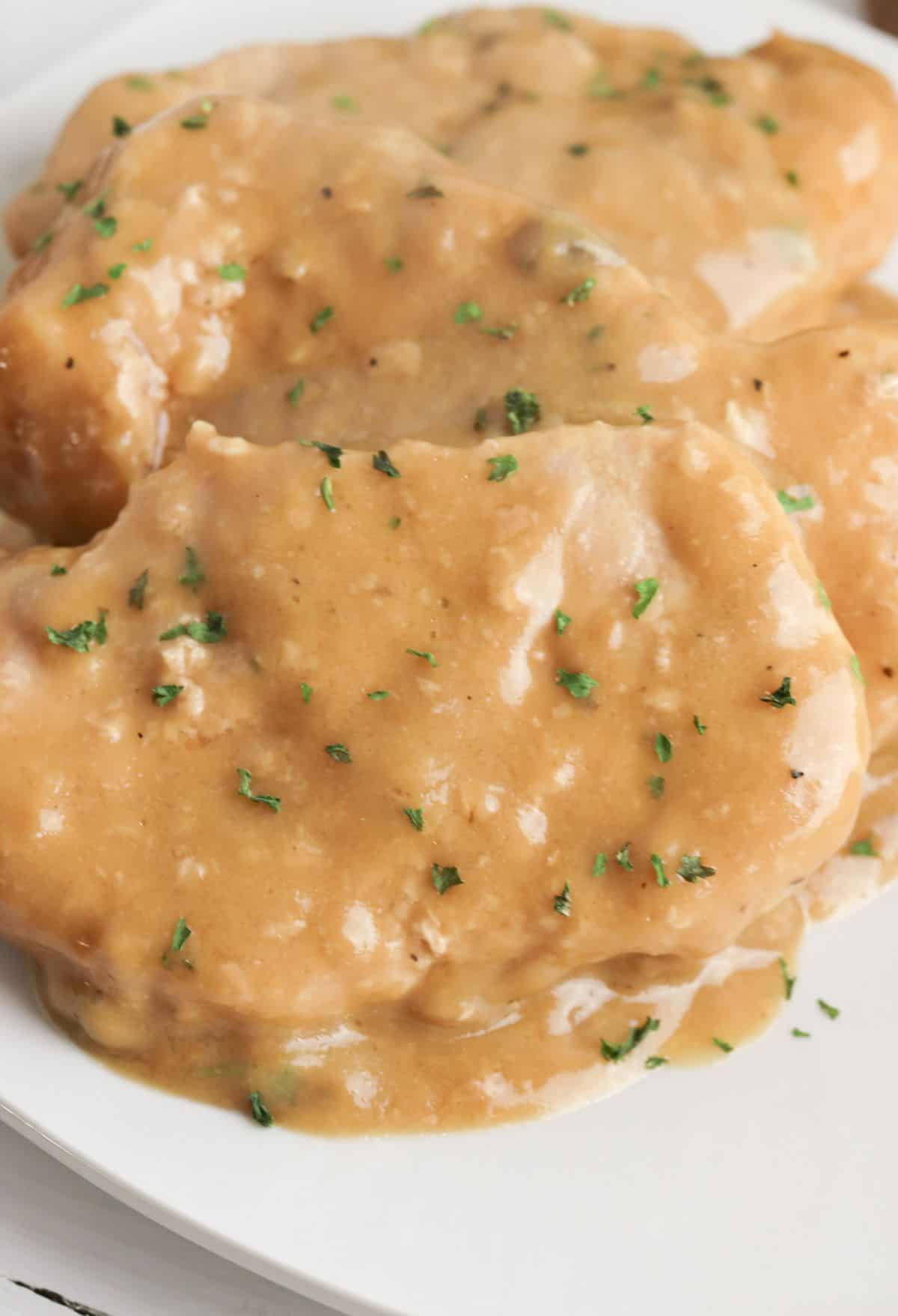If you're a baker and you enjoy making muffins, chances are you have a few metal muffin tins in your kitchen. As you become more conscious of your carbon footprint, you might ask yourself: are metal muffin tins recyclable? In this article, we'll explore the concept of recycling, the environmental impact of muffin tins, and answer the question of whether metal muffin tins can be recycled or not.
Understanding the concept of recycling
Recycling is the process of converting waste products into new materials to reduce waste production, conserve energy, and reduce the consumption of raw materials. Simply put, it is a way of turning old things into new things. Recycling is one of the most effective ways to reduce waste and decrease our carbon footprint.
Recycling has numerous benefits for the environment. By reducing the amount of waste that ends up in landfills, recycling helps to prevent pollution and the release of harmful greenhouse gases. Recycling also conserves natural resources, such as timber, water, and minerals, by reducing the need for new raw materials to be extracted from the earth.
There are many different types of materials that can be recycled, including paper, plastic, glass, and metal. Each of these materials requires a different recycling process, and it is important to properly sort and prepare them for recycling. Many communities have curbside recycling programs that make it easy for residents to recycle, while others may require residents to drop off their recyclables at a designated facility.
The environmental impact of muffin tins
Muffin tins might seem like a small and insignificant item, but they can have a negative impact on the environment. When metal muffin tins are not recycled, they contribute to the growing amount of waste that ends up in landfills. Landfills emit methane gas, which is a potent greenhouse gas that contributes to climate change. Therefore, it's important to know if metal muffin tins can be recycled.
Additionally, the production of metal muffin tins requires a significant amount of energy and resources. The mining and processing of metal ores, as well as the manufacturing and transportation of the tins, all contribute to carbon emissions and other environmental impacts. Choosing to reuse or recycle muffin tins can help reduce the demand for new ones and lessen the environmental impact of their production.
Another factor to consider is the potential for non-stick coatings on muffin tins to release harmful chemicals into the environment. Some non-stick coatings contain perfluorinated compounds (PFCs), which have been linked to health and environmental concerns. When disposing of non-stick muffin tins, it's important to check if they can be recycled or if they need to be disposed of as hazardous waste.
Types of muffin tins available in the market
The most common types of muffin tins available on the market are metal, silicone, and non-stick muffin tins. Metal muffin tins are the most popular as they are sturdy, durable, and evenly distribute heat. Silicone muffin tins are pliable, easy to clean, and don't require non-stick spray, but they are not as sturdy as metal muffin tins. Non-stick muffin tins are coated with a non-stick surface that makes it easier to remove the muffins, but they are not as durable as metal muffin tins.
However, there are also specialty muffin tins available in the market, such as jumbo muffin tins, mini muffin tins, and muffin top pans. Jumbo muffin tins are larger than standard muffin tins and are perfect for making oversized muffins or cupcakes. Mini muffin tins are smaller than standard muffin tins and are great for making bite-sized muffins or cupcakes. Muffin top pans are shallow and wide, allowing you to bake muffin tops that are crispy on the outside and soft on the inside.
Advantages and disadvantages of metal muffin tins
Metal muffin tins have several advantages and disadvantages. They are durable, long-lasting, and conduct heat evenly, which results in perfectly baked muffins. They are also easy to clean. However, they can rust if not dried properly or if left in a humid environment. They can also scratch if not handled with care. Furthermore, metal muffin tins are not suitable for acidic foods like tomatoes as they can react with the metal.
Another advantage of metal muffin tins is that they are versatile and can be used for a variety of baked goods, such as cupcakes, mini quiches, and even individual meatloaves. They also come in different sizes and shapes, allowing for more creativity in baking. However, metal muffin tins can be more expensive than their silicone or plastic counterparts.
It is important to note that some people may have concerns about the potential health risks of using metal muffin tins. Some studies have suggested that aluminum, a common material used in metal muffin tins, may be linked to health issues such as Alzheimer's disease. However, the evidence is not conclusive and more research is needed to fully understand the potential risks.
How to tell if a metal muffin tin is recyclable
Metal muffin tins are generally made of aluminum or steel. Aluminum muffin tins are recyclable, but steel muffin tins are not always recyclable. To know if your metal muffin tin is recyclable, you need to check with your local recycling facility. In some areas, steel muffin tins can be recycled, while in others, they cannot. It's always a good idea to check with your local recycling facility to know what items they accept.
Another factor to consider when determining if your metal muffin tin is recyclable is its condition. If the muffin tin is heavily rusted or has a lot of food residue, it may not be accepted for recycling. It's important to clean your muffin tin thoroughly before attempting to recycle it.
Additionally, if your metal muffin tin is still in good condition but you no longer have a use for it, consider donating it to a local thrift store or community center. This can help reduce waste and give your muffin tin a second life.
The recycling process and what happens to recycled metal muffin tins
Metal muffin tins that are recycled are melted down and turned into new products. The recycling process saves energy and reduces the need for mining and refining of raw materials, which is why recycling is essential for a sustainable future. Recycled aluminum can be made into new muffin tins, beverage cans, and construction materials.
It is important to note that not all metal muffin tins are recyclable. Some may have a non-stick coating or other materials that cannot be melted down and reused. It is important to check with your local recycling center to see what types of metal are accepted for recycling.
In addition to reducing the need for mining and refining, recycling metal also reduces the amount of waste that ends up in landfills. When metal is thrown away, it can take hundreds of years to decompose. By recycling, we can help reduce the amount of waste that we produce and protect the environment for future generations.
Can you recycle non-metal muffin tins?
Silicone and non-stick muffin tins cannot be recycled. These materials are not accepted by most recycling facilities. Therefore, it's best to dispose of them in the regular garbage.
However, metal muffin tins can be recycled. Make sure to clean them thoroughly before placing them in the recycling bin. If the muffin tin is rusty or has any food residue stuck to it, it may not be accepted by the recycling facility. In this case, it's best to dispose of it in the regular garbage.
Alternatives to metal muffin tins that are eco-friendly
If you're looking for eco-friendly alternatives to metal muffin tins, you can consider using silicone or paper muffin cups. Silicone muffin cups are reusable and can be washed and used again, reducing waste. Paper muffin cups are compostable and biodegradable, making them a more sustainable option.
What to do with old or damaged metal muffin tins
If your metal muffin tins are old or damaged, you can recycle them. You can either take them to your local recycling facility or check if they offer a curbside pickup service for metal items. If your metal muffin tins are not recyclable, you can dispose of them in the regular garbage.
Tips for reducing waste when using muffin tins
Here are a few tips that can help you reduce waste when using muffin tins:
- Consider using silicone or paper muffin cups to avoid cleaning the muffin tin.
- Use non-toxic baking spray or vegetable oil to prevent the muffins from sticking to the muffin cups.
- Reuse muffin cups if they’re still clean and tidy.
- If you're using a metal muffin tin, don't throw them away if they start to rust or scratch. Instead, try sanding them down and using a non-toxic rust remover to extend their life.
Understanding the recycling symbol on your metal muffin tin packaging
The recycling symbol on your metal muffin tin packaging can help you determine if the item is recyclable or not. The symbol is usually a triangle made of arrows that form a loop. The number inside the triangle indicates the type of plastic used in the item. However, metal items don't typically have recycling symbols on them, so it's best to check with your local recycling facility to know if they accept metal muffin tins.
Common misconceptions about recycling metal kitchen items
One common misconception is that all metal kitchen items can be recycled. That's not the case. In some areas, steel muffin tins are not accepted by recycling facilities. Another misconception is that all metal kitchen items are made of aluminum. Aluminum is a commonly recycled metal, but not all metal kitchen items are made of aluminum. It's always best to check with your local recycling facility before tossing any metal kitchen item into the recycling bin.
The importance of recycling and its impact on the environment
Recycling is an essential process that has a significant impact on the environment. It reduces waste production, conserves energy, and saves natural resources. By recycling metal muffin tins and other items, we reduce greenhouse gas emissions, protect natural habitats and wildlife, and create new jobs in the recycling industry. Recycling is not only good for the environment, but it's also good for the economy.
In conclusion, metal muffin tins can be recyclable depending on the type of metal they're made of and your local recycling facility's policies. If your metal muffin tin is recyclable, it's important to recycle it properly to reduce waste production, conserve energy, and save resources. By understanding the concept of recycling, knowing the environmental impact of muffin tins, and considering eco-friendly alternatives, we can reduce our carbon footprint and contribute to a sustainable future.




Leave a Reply